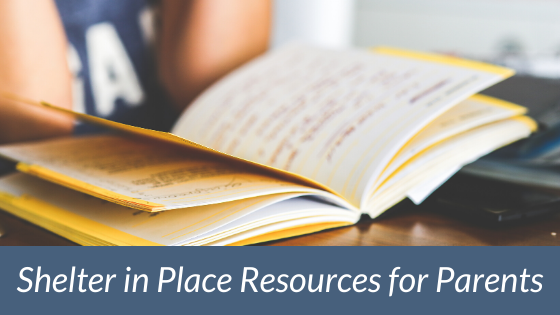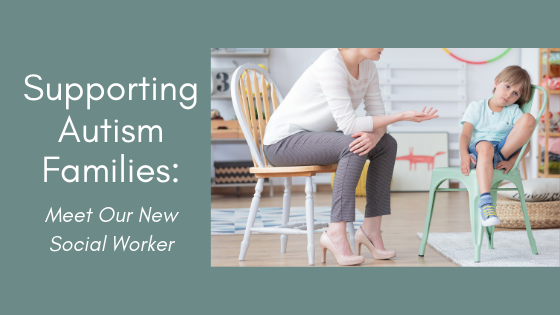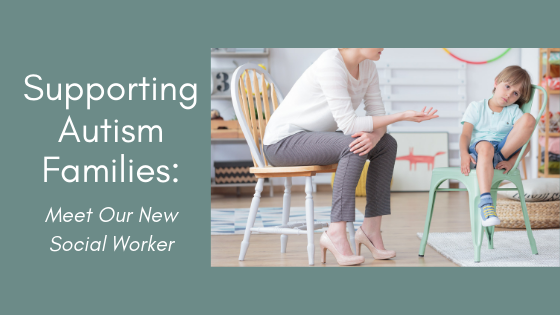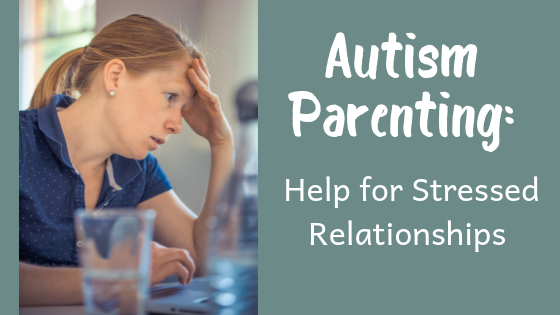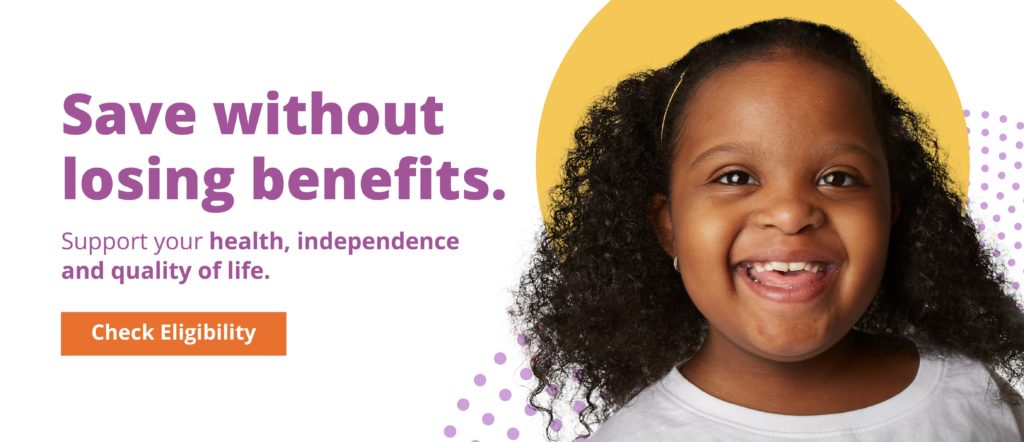
We are in a rapidly-changing, unprecedented time in our world as this global health crisis spreads throughout our country. As more drastic measures are taken each day to slow the spread of COVID-19 (Coronaviurs), to “flatten the curve”, we all are scrambling to figure out this new normal. Kids are out of school, many are people working remotely, or have been temporarily laid off. And in our case, our clients are not receiving therapy until we can roll out some support to our families through telehealth services.
So what are we to do as parents, caregivers and professionals? We’ve compiled a list of resources for parents to help you navigate this extraordinary reality we are now in.
Talking with Your Kids About Coronavirus
First, some of your kids may be asking specifically about coronavirus, or the results of it – why they are not in school or going to therapies? Here are several resources to help.
- PBS Kids has tools to help you talk with your children about this novel virus.
- This Psychology Today article provides some great resources and tips for explaining this global health crisis to children with autism.
- This Washington Post article is written by a Mom of with an autistic 8 year old son.
- And for those who may be experiencing anxiety, here is some help for addressing that too!
Creating New Routines
We all know how important routines are for kids with autism, Down syndrome, and even typical kids! And now those routines are turned upside down. So here is a free downloadable routine schedule that you can customize for your child and situation. And here are some timely activities from the same resource – A Next Comes L – with activities to do at home in the month of April.
Homeschooling
One of the biggest changes the Coronavirus has brought on us is the closing down of schools. Parents are now tasked with continuing the education of their kids! For some that may come easy, but for most, it’s a whole new world, especially if your child has an IEP! So, in addition to whatever your child’s school is providing, we’ve compiled a list of resources that address this new educational reality facing parents. (*Note: Full disclosure, I have a daughter in 3rd grade. She also has Down syndrome. We already tried a few of these resources. I highly recommend you check them out!) If you’re wondering how to structure their day, or need worksheets to keep them busy, or want some interactive online lessons, and more, take a look at these tools.
Educational Tools:
- Sample school schedules from Khan Academy
- Special Ed Teaching Resources from Breezy Special Ed
- Scholastic Learn At Home Lessons
- Free Worksheets and Printables from 123HomeSchool4me and EdHelper
And here are some fun entertaining, while educational resources – watching webcams of animals at the National Zoo, or of sea life at the Georgia Aquarium.
Therapy Resources
If your child is not receiving their typical therapies like OT and PT, definitely check out The OT Toolbox. From fine motor activities to sensory processing resources, they have some amazing supports in their Parent Toolbox! And OT/picky eater expert and blogger at Your Kids Table provides some survival tips for parents during this social distancing time.
Get Moving
Being cooped up inside all day every day will make anyone go stir crazy. So you definitely will need to work in some time to get moving. Whether you go for a walk or play in the backyard, or use one of these online resources, these are great tools to keep kids moving during this self quarantine period. Stretch, move and bring a sense of calm through yoga from Cosmic Kids. A favorite “brain break” in many schools, GoNoodle, can help get the wiggles out to focus on their next task. And Fluency and Fitness combines academics with movement, reinforcing learning, while getting up and moving!
Specific to Autism
In addition to the social story linked above, here’s a list of activities to keep a teenager with autism busy while they are out of school. And above we included resources from A Next Comes L. Sign up for her newsletter to get lots of great resources during this Coronavirus shelter-in-place!
We have some additional resources we will be providing our client families in the coming weeks, too. We are developing a stress management webinar to equip parents during this understandably stressful time. Additionally, we’re planning on a companion stress management blog post. So stay tuned for that!
We are in this together and are developing unique ways to support our community and network during this unique and trying time.



